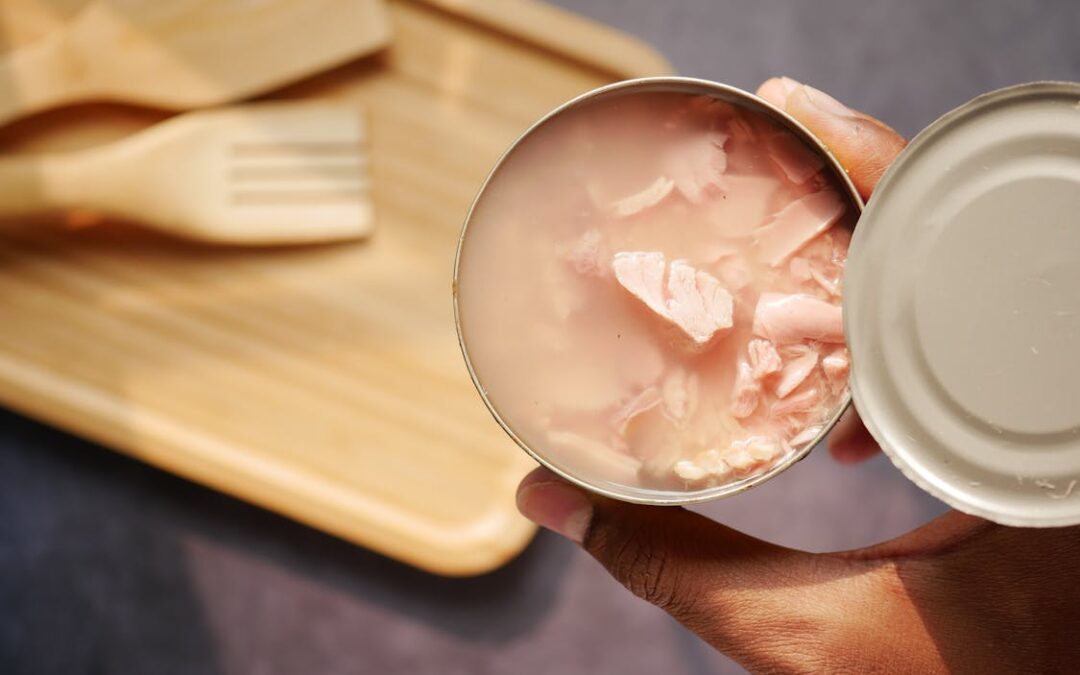Pablo Martínez, president of the Official College of Dietitians-Nutritionists of Cantabria (CODUNICAN), stated in declarations to Infosalus that the liquid present in canned products varies according to the type of food, and can be composed of syrups, oils, saline solutions, syrup, or even lemon juice. He also emphasized that all marketed products comply with the relevant sanitary controls.
However, before consuming these liquids, it is advisable to consider possible health conditions that may contraindicate their intake. Their main function is to preserve the food and extend its shelf life. In products such as asparagus, for example, this liquid—formed mainly by water and salt—is harmless and, in general, does not pose a health risk.
On the other hand, in canned foods like tuna, the liquid usually contains a high level of salt, so in certain situations, it might be more appropriate to discard it.
Additionally, metal containers include polymeric coatings whose purpose is to prevent direct contact between the food and the metal. However, there is a possibility that some compounds from the coating may migrate into the food, which could alter its quality or, in certain cases, pose a risk to the consumer.
Due to these possible migrations, it is not recommended to use the liquid from canned foods, such as tuna, to dress salads or other dishes directly.













